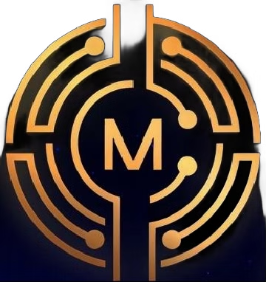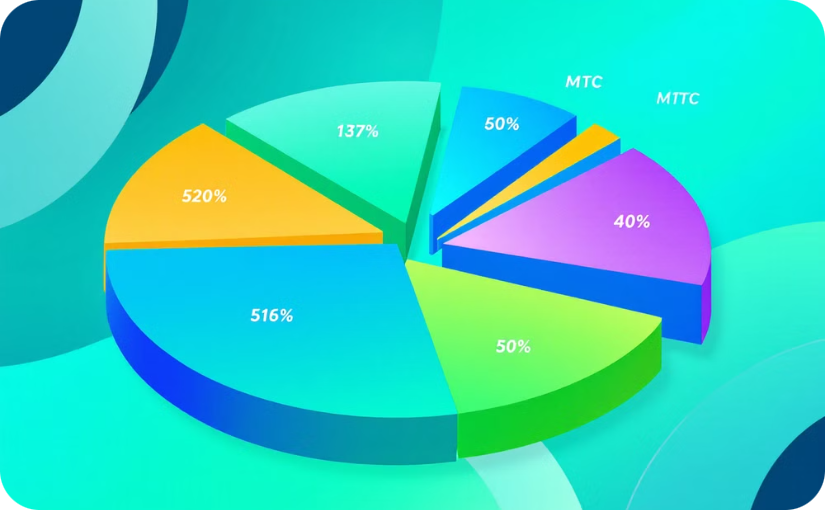

No need to trust a third party, decentralised, immutable and transparent transactions.
As the number of users increases, transaction speed slows down, fees become high, and scalability is limited.
Advantages
Increase transaction speed, reduce fees, and alleviate the burden on the main chain.
Disadvantages
Increased complexity, some solutions still in testing phase.
High efficiency, fast processing speed, easy to manage.
Trust issues, systems are vulnerable to attacks or tampering, high risk of single point of failure.


Not limited to financial transactions, can automatically execute smart contracts and create decentralised applications.

Similar to Bitcoin, as the number of users increases, performance bottlenecks and rising transaction fees may occur.
The highly decentralised distributed data storage brings the disadvantage of low throughput.
On public blockchains, all data is publicly transparent, making it easy to access participants' transaction records and asset amounts.
Slow transaction speeds and network congestion lead to the need to pay high transaction fees.

Based on TON
The METIC Chain is a decentralised public network built on TON blockchain technology, serving as a layer-2 network.
Open Platform
It has constructed an open, decentralised, secure and efficient distributed application platform.
Objective
To provide universal infrastructure for all industries, enabling the free flow and collaboration of value.

The TON blockchain uses a multi-chain architecture to achieve high throughput and fast transaction confirmation.
The decentralised structure and powerful cryptographic techniques of the TON blockchain ensure the security of transactions and data.
The efficient architecture and consensus algorithm of the TON blockchain reduce costs, allowing users to transact and operate at lower fees.
The TON blockchain has strong scalability and flexibility, supporting a variety of application scenarios.

The "Aloha World Bank" was initiated by the Central Bank of the Independent Sovereign State of Hawaii (CBNOH) and is regulated and supervised by the Central Bank of Hawaii.

Enhance blockchain efficiency, expand financial services, including a digital banking licence.

The world's first central bank-initiated and regulated cryptocurrency debit card.

Providing a secure, transparent and efficient decentralized trading platform.
Users can earn rewards by staking tokens into smart contracts.
Offering secure, transparent and non-custodial trading services.
Supporting multiple blockchain networks, making it easier for users to manage their digital assets.
Allowing users to convert digital assets to fiat currency and access traditional financial services.
Providing social finance services including cryptocurrency trading, lending and digital asset management./p>

| Tier | 1st Generation Reward | 2nd Generation Reward | 3rd Generation Reward |
| V1 ($100) | 10 % | ||
| V2 ($500) | 10 % | ||
| V3 ($1000) | 10 % | 5 % | |
| V4 ($3000) | 10 % | 5 % | |
| V5 ($5000) | 10 % | 5 % | 1 % |
| Level | Conditions | Reward |
| M1 | 3 effective direct referrals, total performance accumulated to $10,000 | 5 % |
| M2 | Total performance accumulated to 50,000 USDT | 15% |
| M3 | Total performance accumulated to 200,000 USDT | 20% |
| M4 | Total performance accumulated to 600,000 USDT | 30% |
| M5 | Total performance accumulated to 2,000,000 USDT | 40% |

Staking Mining: 95%, Broadcasting: 1%, Technical Team: 1%, Marketing: 1%, Airdrops and Community Rewards: 1%, Node Recruitment: 1%

Token Symbol: MTC, Total Supply: 200,000,000 (200 million)


Profiting from price differences between different currency pairs.

The trading team has been using the triangular arbitrage model since 2019, with 24-hour high-frequency triangular arbitrage AI technology.

Aloha World Bank is composed of top financial experts and consultants with extensive experience and expertise.

Attract early supporters, establish a core community and team with a shared vision. Promote the vision and value of the public chain through various channels.
Establish a fair and transparent incentive model to encourage community members to participate in node operations. Organise online and offline activities to strengthen community cohesion.
Ensure transparency and openness, and improve efficiency. Members can participate in governance and receive token rewards, forming a strong incentive mechanism.